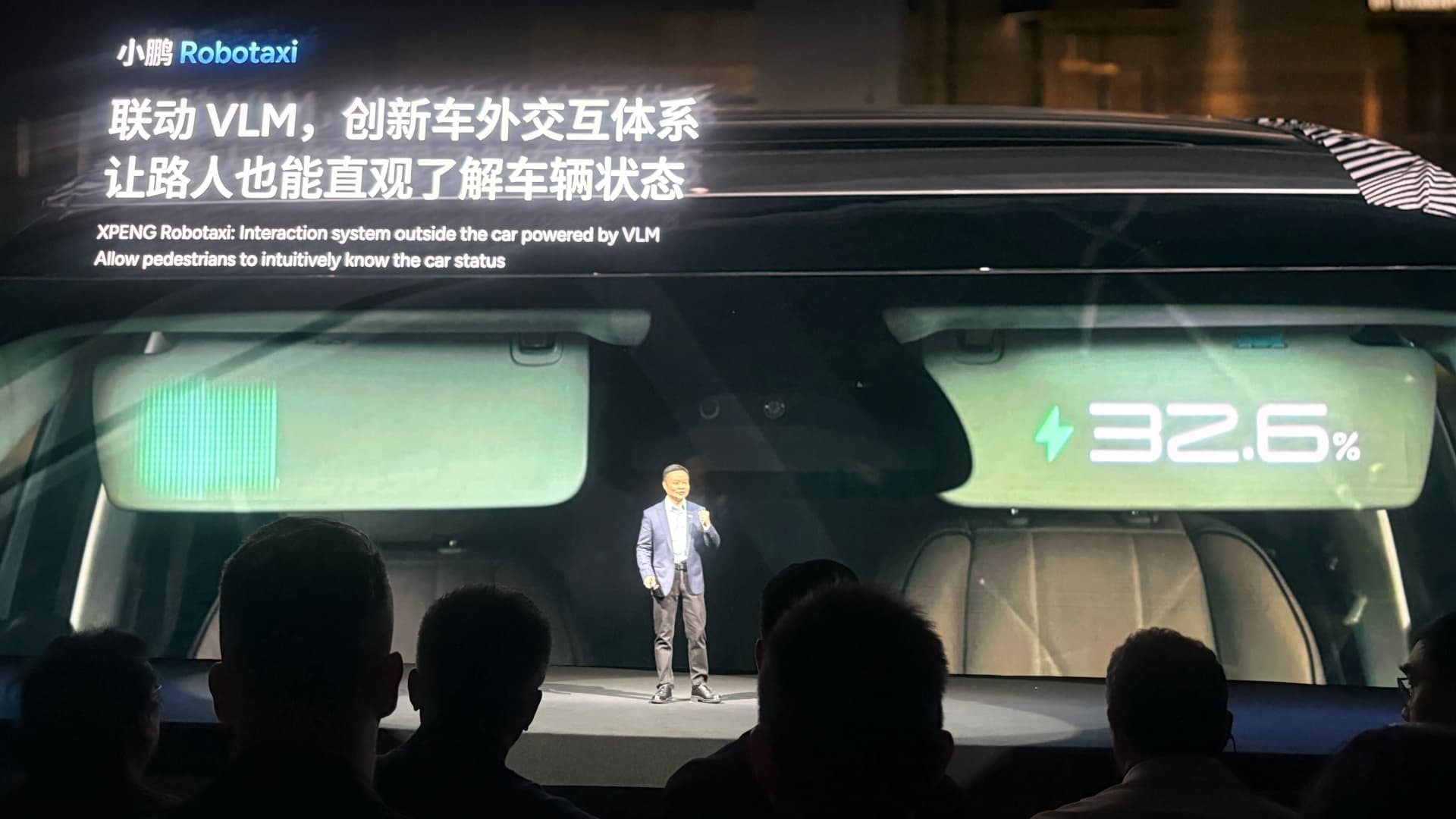Copyright TechStartups.com

OpenAI, the company at the center of the AI revolution, is losing money at an extraordinary pace—and now it’s asking Washington for help. Late last month, we detailed how OpenAI is burning through billions as it tries to keep up with the demands of its own technology. According to Microsoft’s SEC filing, the company lost $11.5 billion in a single quarter, even as it generated about $4.3 billion in revenue during the first half of the year. The math is brutal. Running large-scale AI systems is extraordinarily expensive, and the costs aren’t slowing down. Now, OpenAI is turning to the U.S. government for support. According to a new report from The Wall Street Journal, the ChatGPT maker is seeking federal loan guarantees to backstop financing for its massive AI chip and data center projects, a plan that could eventually top $1 trillion in infrastructure spending. Bleeding Billions, OpenAI Turns to U.S. Government to Back Its $1 Trillion AI Bet At a WSJ business conference, OpenAI CFO Sarah Friar said the company wants an “ecosystem of banks, private equity, maybe even governmental” partners to help fund the buildout. Government guarantees, she explained, would lower borrowing costs and allow OpenAI to take on more debt as it continues scaling. “The company seeks government support to guarantee financing for AI chips, reducing costs and increasing debt capacity. As OpenAI ramps up its spending on data center capacity to unheard of levels, the company is hoping the federal government will support its efforts by helping to guarantee the financing for chips behind its deals, Friar said. The depreciation rates of AI chips remain uncertain, making it more expensive for companies to raise the debt needed to buy them,” The Wall Street Journal reported. “This is where we’re looking for an ecosystem of banks, private equity, maybe even governmental,” Friar said. Federal backing, she added, could “really drop the cost of the financing” and expand OpenAI’s lending options. The idea is unconventional for Silicon Valley—a tech giant asking for the same kind of support usually reserved for national infrastructure or defense projects. But OpenAI’s scale isn’t typical either. With data centers that depreciate quickly and chip costs that fluctuate wildly, the company’s balance sheet is under enormous pressure. OpenAI’s spending spree shows no signs of slowing. Estimates suggest the company has already committed around $1 trillion in infrastructure deals this year alone, including a $300 billion partnership with Oracle and the $500 billion Stargate project backed by Oracle and SoftBank. Even with revenue projected in the tens of billions this year, OpenAI’s income doesn’t come close to offsetting its infrastructure bills. Investors have poured money into the company expecting long-term dominance in AI—but the current burn rate raises tough questions about sustainability. During her remarks, Friar also dismissed speculation about an IPO. “IPO is not on the cards right now,” she said, emphasizing that growth and research remain the company’s main priorities. That may come later. Reports suggest OpenAI could go public as early as 2027, once its complex governance structure and revenue model stabilize. But for now, the company is focused on shoring up capital and convincing Washington that AI infrastructure deserves federal backing—just like roads, power grids, or aerospace. As OpenAI scales into trillion-dollar territory, its latest move marks a shift from Silicon Valley startup to quasi-public enterprise, seeking government partnership to fund the future of artificial intelligence.



